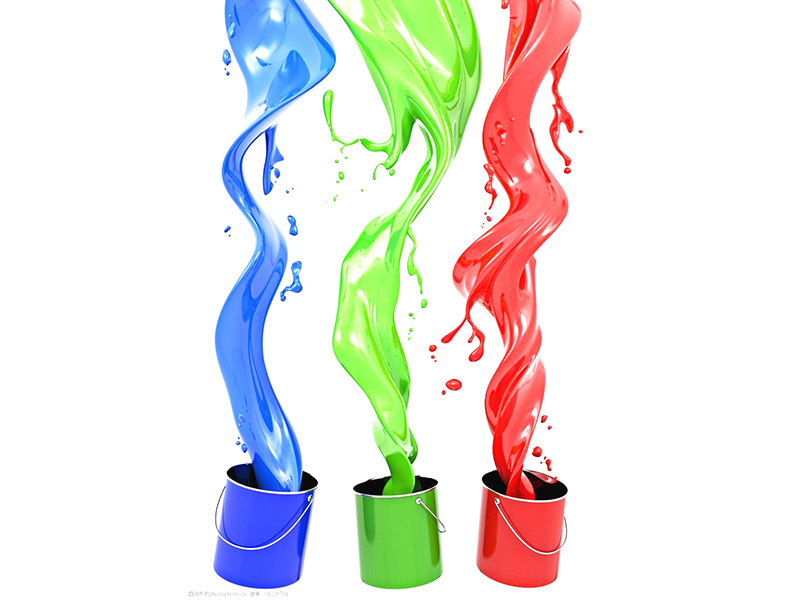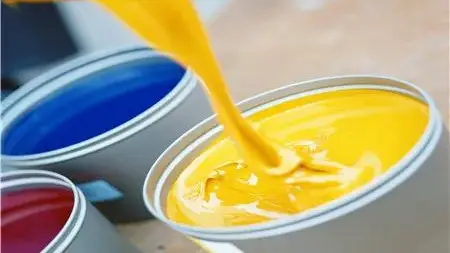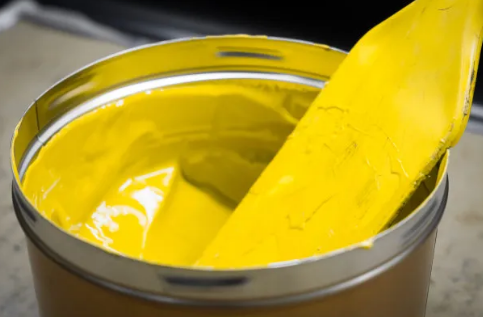
Monthly Archives: December


Choosing the Right Ceramic Dispersant
Improve yield: Our dispersants can significantly reduce defects in ceramic slurries, such as holes and cracks, thereby improving yield and product quality. Optimize production efficiency: Uniform slurry means less adjustment time and less waste, which directly translates into higher production …
Read More

The revolutionary power of phosphate dispersants
Phosphate dispersants are highly effective chemical additives that are mainly used in industrial cleaning processes to improve cleaning efficiency and reduce cleaning costs. Through their special chemical structure, they can disperse and suspend dirt particles, preventing them from redepositing on …
Read More

Mechanism of action of dispersants
The action mechanism of dispersants can be summarized as steric hindrance and electrostatic stabilization. Dispersants have a great characteristic in molecular structure, namely “amphiphilicity”, hydrophilicity and lipophilicity. The lipophilic group of traditional dispersants is generally a hydrocarbon chain structure, and …
Read More

Application examples of dispersants
The detergents used in washing clothes and dishes in daily life are typical dispersants. Detergents disperse stains in water by stripping and coating them, thus achieving the purpose of washing. In scientific research, dispersants are added before the reaction to …
Read More

Dispersant Design
When designing a dispersant for sludge/varnish control and high temperature deposit inhibition, the process usually begins with the selection of the polymer tail, which is responsible for maintaining oil solubility. The most commonly used polymer is polyisobutylene (PIB), which is …
Read More

The role of dispersants
The role of dispersants is to use wetting dispersants to reduce the time and energy required to complete the dispersion process, stabilize the dispersed pigment dispersion, modify the surface properties of pigment particles, and adjust the mobility of pigment particles. …
Read More

Molecular structure characteristics and surface adsorption mechanism of dispersants
Polymer dispersants maintain the performance of pigment particles in the medium through electrostatic repulsion and steric hindrance. In order to make the dispersion system uniform and stable and meet the performance requirements, the molecular structure of the polymer dispersant adsorbed …
Read More


